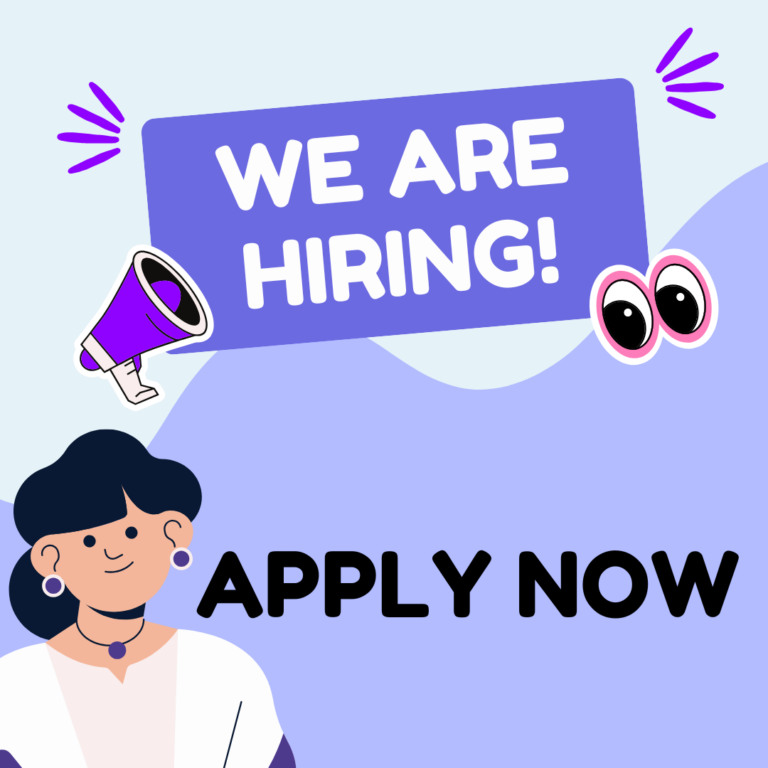Cloud AI Engineer, Professional Services Organization, Google Cloud (English, Portuguese)
- Location-São Paulo, Brazil
- Company-Google Cloud
- Job type-On, site full-time
- Experience level– Mid-senior level
Preferred Qualifications
- 6 years of experience in technical consulting on supporting large enterprise customers with high service-level objectives and service-level agreement requirements.
- Experience with cloud computing (i.e., certifications, internships, coursework, etc.).
Minimum qualifications:
- Bachelor’s degree in Science, Technology, Engineering, Mathematics, or equivalent practical experience.
- 6 years of experience reading code in a general-purpose coding language (e.g., Java, C, C++, Python, Shell, Go, JavaScript) or in system design.
- 6 years of experience troubleshooting and advocating for customers’ needs, and triaging technical issues (e.g., hardware, software, application, operational, process).
- 6 years of experience with 2 or more of the following: Web Tech, Data/Big Data, Systems Admin, Machine Learning, Networking, Kubernetes, Oracle, SAP.
- Ability to communicate in English and Portuguese fluently to support client relationship management in this region.
Land Your Dream Job: VisualCV AI-Powered Resume Builder – 5X More Interviews, ATS-Proof, 10-Minute Creation
about the role
In this role, you will design and implement Machine Learning (ML) solutions for customer use cases, leveraging core Google products including TensorFlow, DataFlow, and Vertex Artificial Intelligence (AI). You will work with customers to identify opportunities to apply ML in their business and travel to customer sites to deploy solutions and deliver workshops to educate and empower customers. You will work closely with Product Management and Product Engineering to build and constantly drive excellence in our products.
Responsibilities
- Report and file issues against product, documentation and procedures by documenting desired behavior or steps to reproduce, and driving bugs to resolution.
- Suggest code-level resolutions for complex product bugs by leveraging relevant tools and effective communication to all stakeholders internally and externally.
- Resolve technical incidents and escalations by performing analysis utilizing relevant tools (e.g., SQL, R, Python) and leveraging custom data infrastructure or existing data models as appropriate, formulating and interpreting data to reach specific conclusions and next steps.
- Identify opportunities and build solutions to improve support or empower customers to solve issues by using self-service tools and documentation.



